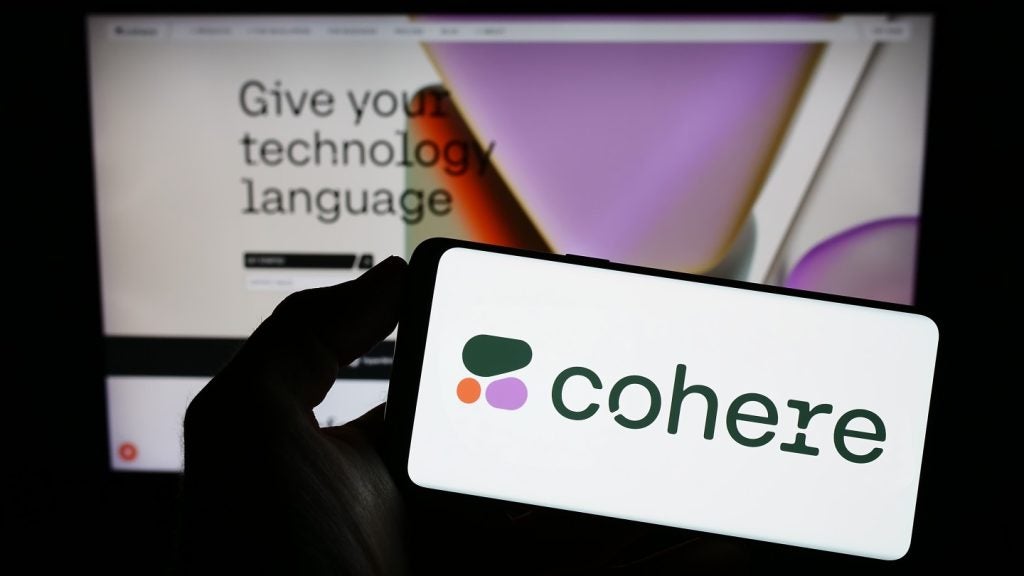
We live in unprecedented times as the Covid-19 pandemic sweeps across the globe from East to West. Economic inactivity globally is at its highest for almost a century, and the consequences will be long-lasting, well after the virus subsides.
There is no doubt that we face a difficult trading environment that will only get worse. Investor activity will not be as prolific as it was just a few months ago, as funds become more internally focused, and concentrate on stress-testing their portfolios, and banks field a jump in demand for loans.
And yet amid all the market uncertainty, the world is still awash with investable cash: all of which will eventually find a home. Those with capital have their sights on the other side, and are looking for the innovative startups that will lead us through this crisis and beyond.
Pandemic funding: Personal trust still key
Resourceful investors are still getting deals done; but they are looking hard at price, seeking as much downside protection as they can get, and looking at the companies they know well. What holds true now more than ever, is that the best deals will be struck via personal trust.
Successful companies come out of any economic downturn. The fourth industrial revolution – the technological revolution – truly began in the shadow of the 2008 financial crisis, as did the rise in socially conscious businesses operating with purpose alongside the desire to make a profit.
The opportunities are hard to find, but capital is there. The question is how do you access funding during a pandemic?
How well do you really know your competitors?
Access the most comprehensive Company Profiles on the market, powered by GlobalData. Save hours of research. Gain competitive edge.

Thank you!
Your download email will arrive shortly
Not ready to buy yet? Download a free sample
We are confident about the unique quality of our Company Profiles. However, we want you to make the most beneficial decision for your business, so we offer a free sample that you can download by submitting the below form
By GlobalData1) Have a plan
To land investment in this environment, the first thing you have to do is think about what you can offer at this time and in the months ahead. You have to be agile and have a long-term business plan that reflects how things are and how they are likely to change, not how they were even just two months ago.
2) Give investors time
Next, give investors time: let them review all the necessary information and your business plans before even going into pitch. Be prepared to share more information, with or without an NDA, than you have been in the past. Again, there is a will to invest but scrutiny will be far more intense than ever before as funders look to put their money into sensible prospects that will overcome this difficult period. Bear in mind they will also be in the process of safeguarding their existing portfolio, and so their time will be divided.
3) Back up your claims
Make sure to provide the investor client references, case studies, and showcase your expertise in any way possible. There is no such thing as too much information in a time like this. Without personal contact, investors will need to know all the fine details of the company, including CVs and information about your team that enables them to dig deep. We are seeing client and management referencing going to a much deeper level than in pre-Covid days.
4) Get on top of videoconferencing
As for the pitches themselves, being unable to meet face-to-face should do no harm. Investors are still open to hearing pitches through Zoom or Skype, or even on email – just make sure that you are familiar with the technology and understand how to use visual aids through these virtual means (such as Zoom’s ‘share screen’ feature and virtual backgrounds).
Familiarity with the technologies like this is not only beneficial in terms of having a smooth pitch, but it shows an understanding and agility that the current outbreak has required of businesses. It will give an investor confidence that you and your business are adaptable.
5) Demonstrate a healthy cash flow
But perhaps most importantly of all, is acknowledging how much the landscape has changed and the most definable way to do this is demonstrate an uninterrupted cash flow.
As the markets fall, cash will once again be king. Investors will not take a punt on a highly-valued, cash-poor company as they have been for the past decade. Now it’s all about the funds you have and how you can grow them, rather than the potential of the business. The market is too volatile to allow investors to rely on promising valuations – be prepared to be honest and open about your financial status, and investors will be more inclined to back you.
Smartest startups will rise to pandemic challenge
While times are tough, there is still an opportunity to gain investment and grow your business – you just need to understand the field you’re playing in.
Lessons will be learned from this period in the long-term. It’s vital for any company seeking investment to demonstrate a strategy and a realistic vision for how an investor can make its cash back.
This pandemic is no short-term concern. It will change the way businesses and investors operate for the next decade or more – the smartest startups will be those who rise to this challenge.
GP Bullhound is a technology advisory and investment firm, providing transaction advice and capital to the world’s entrepreneurs and founders. Founded in 1999, the firm today has offices in London, San Francisco, Stockholm, Berlin, Manchester, Paris, Hong Kong, Madrid and New York.
Read more: Technology industry M&A deals in February 2020 total $11.89bn globally







